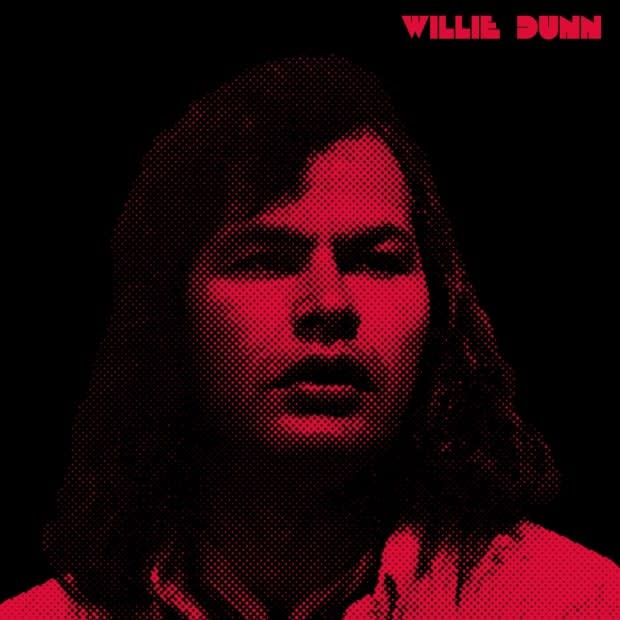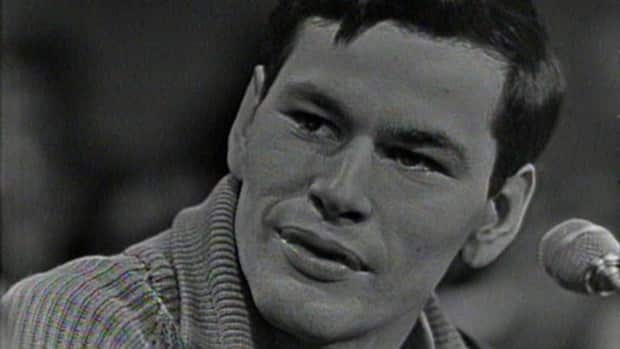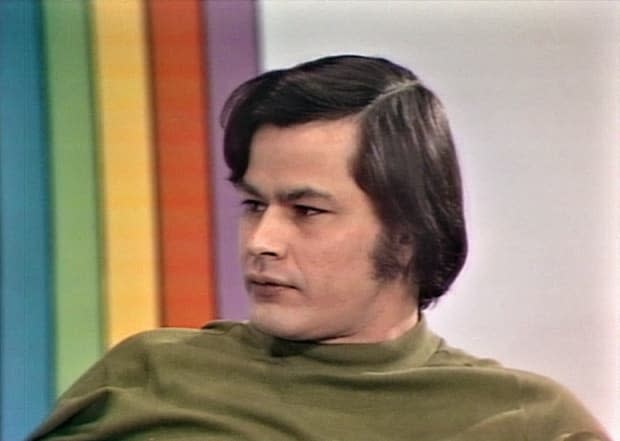Trailbreaking Indigenous artist Willie Dunn gets new posthumous release

I pity the country
I pity the state
And the mind of a man
Who thrives on hate
The opening lines of Willie Dunn's I Pity The Country are still powerful, more than 40 years since the record was released.
It's still Dunn's best known song, but during his career, the Indigenous artist and activist penned dozens of tunes, and even though he worked with groups like the CBC and the National Film Board, was never able to achieve mainstream success.
The people behind a new compilation are hoping to change that.

Creation Never Sleeps, Creation Never Dies: The Willie Dunn Anthology is a 22-song double album that will be released by Light In The Attic Records on March 19. Willie's son, Lawrence, hopes it will bring a new audience to his father's music.
"The resistance spirit behind his music was met with pretty much an equal amount of resistance from the larger community, mainly because he was saying things that probably a lot of people didn't want to hear," Dunn said.
"He felt very strongly about everything he wrote, and it's always been really important to everyone in the family. His message is an important message for our people."
Willie Dunn was born in Montreal in 1941. He was of Mi'kmaq and Scottish ancestry. He started appearing on the Montreal coffeehouse scene in the 1960s and soon gained the attention of CBC. He became part of the National Film Board's Indian Film Crew, the board's first all-Indigenous production unit. In 1968 he released The Ballad of Crowfoot, sometimes referred to as Canada's first music video.
Despite that early attention, Dunn never found mainstream success. Kevin Howes, who produced both the upcoming anthology as well as the Grammy-nominated Native North America Vo. 1 compilation in 2014, said he first encountered Dunn in the 90s when The Ballad Of Crowfoot was screened in his high school English class.
That set Howes on a path to learn more about Dunn and collect as much of his music as he could, searching archives for old photos and flea markets for old records. Howes said that also taught him about Canada's colonial past and its often brutal treatment of Indigenous people.
Howes has spent eight years compiling and researching the songs that will be included in the anthology, and bringing together the information that comprises a 24-page newspaper that will be included.
"I just wanted to try my best to help honour Willie and to help get those songs out," he said. "This is work that I'll be doing my whole life."

Lawrence Dunn thinks the world has changed since most of his father's music was first released. He said he's optimistic it will find a more receptive audience this time.
"Willie, for pretty much his whole career, was trying to get his message out to as many possible," he said. "There was a lot of resistance throughout the 70s and the 80s and the 90s to the message he was trying to put out.
"It's great to see finally the fruits of labour coming out, and I'm really hoping to see Willie's music reach a larger audience. It's something that's been a long time coming and our family is really appreciative of it."

